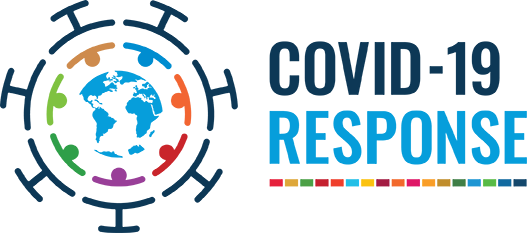

Besides the impact that the crisis has on different types of crime and violence, mid- to longer term political, economic and social consequences of the pandemic have the potential to undermine Member States’ efforts to address root causes of crime and corruption and impede efforts to strengthen community resilience. Covid 19 is only one example of a complex emergency, which can present a situation where cities have to act quickly in order to address the needs of inhabitants. Other complex emergencies can include natural disasters; armed conflicts; protests and civil disobedience; and/or other health crises, etc. The Global Programme UNODCity offers a unique opportunity to step-up UNODC’s efforts to support national and local actors to counter these challenges.

The Urban Safety Governance Assessment for emergency contexts will focus on data collection, based on first-hand information from local actors including civil society, enabling UNODC to track a wide set of indicators on urban resilience, and urban safety in direct correlation to the COVID-19 crisis, public service delivery, the role of the private sector and other relevant actors' interventions.
Response Tool: Rapid USG Assessment Guide (EN) (ES) (RU)

In the current Covid-19 pandemic, the most vulnerable groups are being threatened in cities. The impact of Covid-19 control measures includes the weakening of social and economic fabric of societies, which increases the risk of people, and in particular those in marginalized communities. Young people are particularly vulnerable to the disruptions the pandemic has caused. UNODCity initiative will incorporate a dedicated COVID-19 response in up to selected cities by:
- supporting knowledge-based programmes;
- strengthening interventions and programmes aimed at preventing gender-based violence;
- promoting the implementation of community-oriented and problem-oriented policing strategies;
- improving access to evidence-based health service in line with International Standards for high-risk populations.
In order to prevent and respond to priority areas in a crisis situation, UNODCity initiative, in cooperation between local authorities and civil society organizations, will focus on leading multi-stakeholder approach and multi-stakeholder platforms and tools for engagement on urban safety governance by:
- developing and disseminating digitalized applications and other tools;
- developing and mapping the hotspots for (firearms related) crime and violence and devise priority measures and social initiatives;
- developing a strategy for local officials to address the crisis;
- contributing to a city becoming a hub for smuggling of migrants, helping cities identify why and developing a strategy to address these;
- building capacity of local non-governmental stakeholders through targeted trainings and strengthening already existing networks in the countries.
Local authorities should develop communication strategies and plans for community outreach in times of crisis. UNODC would develop campaigns to raise awareness among citizens and city administration. A tailored and user-friendly outreach and communication approach in building information architecture and reporting could effectively offset the effects of misinformation and disinformation. UNODC promoting resilience and preventing negative coping mechanisms in line with International Standards, for the healthy and safe development of children would serve purpose. Public diplomacy and awareness-raising are critical for prevention and must empower vulnerable groups, especially children and seniors. UNODC will mobilize local civil society networks and provide them with financial support to carry out advocacy and outreach activities, including the development and dissemination of information materials in local languages to ensure cross-society reach, as well as child- and youth-friendly materials for children and youth.
Safety Governance Assessment Guide (EN) (ES) (RU)
Response Tool: Rapid USG Assessment Guide (EN) (ES) (RU)

Visit the Safety Audit Websites of Queretaro and Cali
See the Family Skills Training Programmes in low- and middle-income countries
Visit the UNODC Crime Prevention Webpages